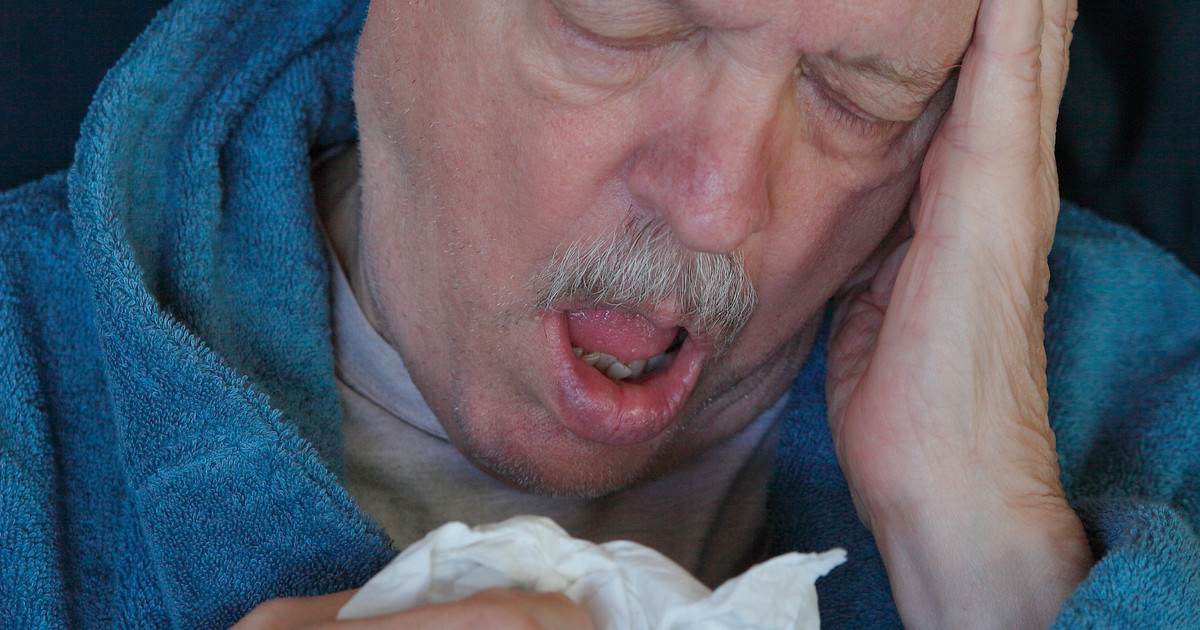Overview Of Diazepam (Valium)
Potential Side Effects

Most of the common side effects of diazepam are mild, provided the medication is taken on a short-term basis at a low dose. However, abuse of the medication can lead to more serious side effects. If patients have symptoms of an allergic reaction like hives or swelling in the throat, they need to seek emergency medical treatment. This medication interferes with the systems in the brain that regulate automatic functions like breathing. If someone using diazepam has blue lips, long pauses in their breath, or is difficult to wake, it is vital for them to seek emergency medical treatment. Patients should call their doctor right away if they have serious breathing troubles, drowsiness, mood changes, or suicidal thoughts. They must also do this for increased anxiety, irritation, agitation, and new seizure development.
The sedation from the medication lasts longer for older adults than young ones. Elderly individuals who take diazepam may be at an increased risk of falling, due to the muscle weakness and potential drowsiness. Common side effects include feeling tired and drowsy, having weakness in the muscles, and feeling like they have lost some coordination.
Discover the precautions linked to this medication next.
Precautions To Remember

The most important precaution to remember is that diazepam is not meant to be taken long-term. Even if individuals do not take it regularly, they may still build up a tolerance. The medication has a physical effect on brain function. It does not have to do with addiction. Even if patients are not predisposed to addiction, they cannot prevent the physical dependency that the medication causes. As it affects the GABA centers of the brain, the patient's brain will stop producing as much GABA by itself. This means that there is a long withdrawal process, and quitting suddenly can lead to potentially dangerous symptoms.
There are other major precautions to remember with this medication. Patients should not drink alcohol with it, as this might cause an impairment in their breathing that can be fatal. Elderly individuals and those with motor function issues should be wary of potential falls.
Get information on potential medication interactions next.
